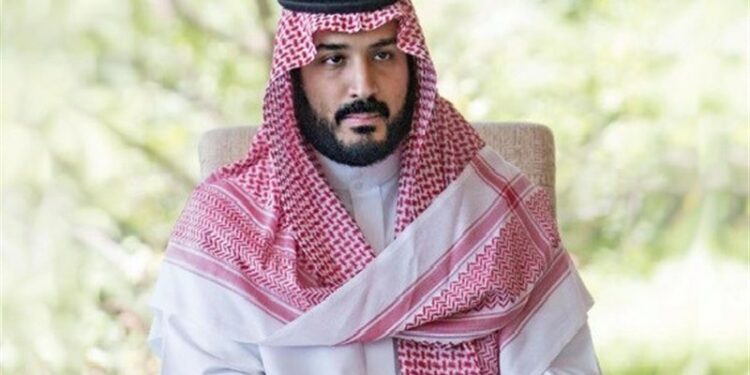
Scenarios painted a terrifying reality for the Kingdom of Saudi Arabia if Crown Prince Mohammed bin Salman, the de facto ruler of the Kingdom, would normalize relations with Israel on the model of the UAE and Bahrain.
Many wonders why America and Israel insist on Saudi Arabia specifically? Will the Saudis follow through, or not?
His father, King Salman, is committed to the Arab Peace Initiative launched by Riyadh in 2002, which means a comprehensive Arab-Israeli peace that includes the Palestinians. The Initiative calls for the complete withdrawal of Israel from the Arab lands it has occupied since 1967 in exchange for Arab recognition of Israel’s right to exist and the normalization of diplomatic relations.
There are the hard-line Salafi elements in the Saudi religious establishment, who hold weight within a Saudi society that is still mostly conservative.
They fiercely oppose peace with a Jewish state that excludes the Palestinians and unfairly seizes Jerusalem, the third holiest of Islam.
If bin Salman ignores them or isolates them, they can make things very difficult for him by undermining what he cares most about, which is his plan to transform the country.
Bin Salman will have to contain the fundamentalist sheikhs so that he can move forward with “Vision 2030,” which they have not been enthusiastic about due to its social reforms. So picking a massive fight with them over Israel might not be the smartest thing to do right now.
There are also al-Qaeda sleeper cells in the KingdomKingdom, who, as soon as they hear about Riyadh’s approval of normalization, will criticize the House of Saud, as they did in 1979 and then again in 2003-2004. Of course, Bin Salman should be anxious about them as well.
And last but not least, there is Iran and Turkey, which will unite fiercely in demanding global Islamic leadership as a substitute for the KingdomKingdom, with renewed demands to internationalize the administration of Makkah and Madinah.
But what if news suddenly broke out of bin Salman’s approval of normalization with Israel? After all, he has managed to shock the world many times before.
For example, was anyone expecting him to single-handedly end the consensus policies that the Saudi regime has built on for decades? Or did anyone expect him to marginalize all his opponents, including Muhammad bin Nayef, the anti-terrorism man in America?
Or even launching a war on Yemen and blocking Qatar? Or did anyone expect to order the horrific assassination of the Saudi citizen and Washington Post columnist Jamal Khashoggi in Turkey?
Given his behaviour over the past years, all possibilities and scenarios remain. And while there is scepticism that “bin Salman” will sign a normalization agreement with Israel as long as his father is alive.
As for if he did so in the life of his father, announcing the same security and economic reasons that the Emiratis and Bahrainis share; This will reveal important facts about him and the KingdomKingdom, and give us certainty of one of two things.
Either he is already entirely in charge in the KingdomKingdom, or he has chosen to suppress all forms of domestic opposition including the traditionally influential religious elite, and once again decided to seize his opportunities.
The second scenario indicates that despite all its faults; Bin Salman is the undisputed leader of the United States’ largest Arab partner, and he is able not only to make historic decisions in foreign policy but also to implement major domestic reforms without having to fear any major domestic reaction.
Indeed, kings in Saudi Arabia had always enjoyed absolute power, but they also had to share power with a powerful group of religious scholars. Bin Salman may be the first king to suppress them and overturn the traditional power-sharing arrangement.
As for the third scenario, it logically means that “bin Salman” is not fully capable at home, and that Saudi scholars remain a powerful and competitive voice during his reign. The more aggressive push and pull dynamic between MBS and the ulema could pose problems for the Kingdom’ sKingdom’s stability.
So, will bin Salman maintain a cold calm with the clerics, block violent extremists, and maintain his transformative project? Or does he embrace Israel prematurely and perhaps lose the Islamic world?